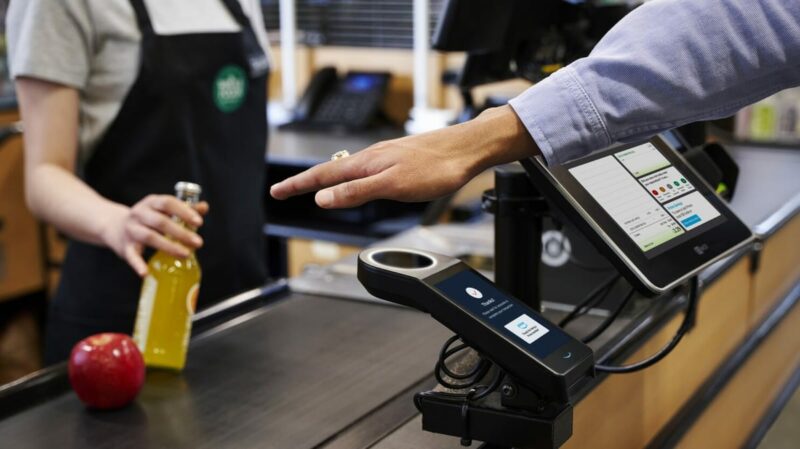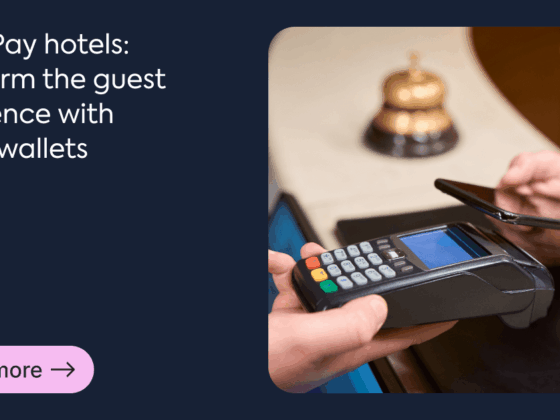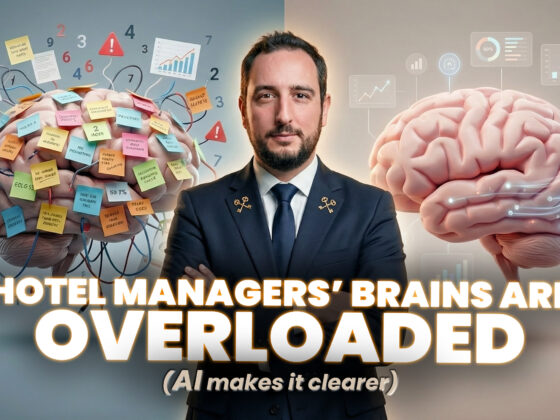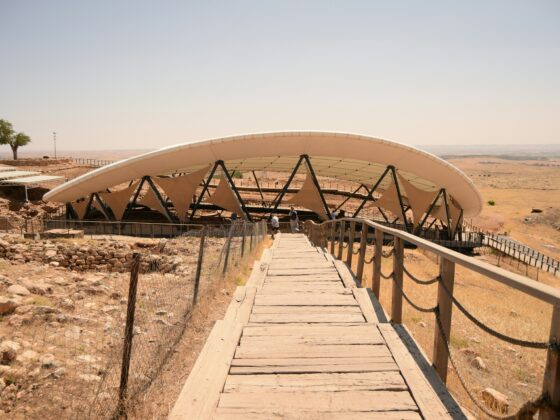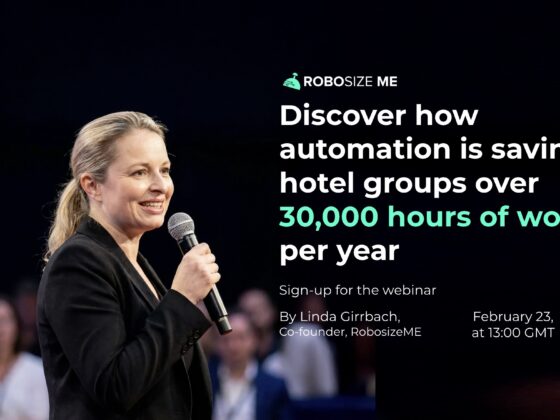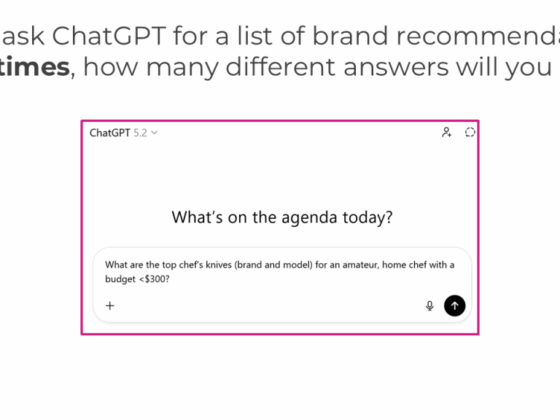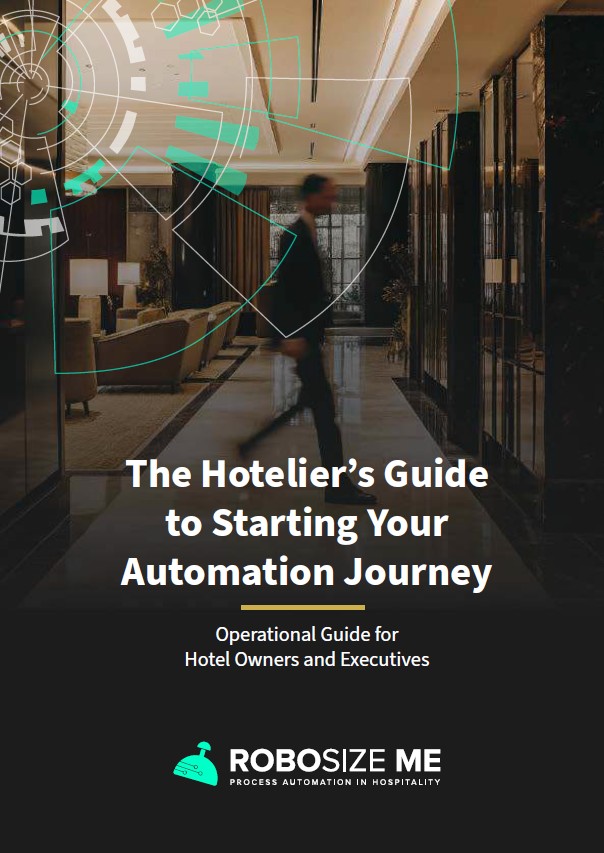
Author: Stephen Burke, founder & CEO of RobosizeME
Introduction: Why Leaders Need to Care About Automation Now
Are your teams still spending hours manually entering reservations, reconciling payments, checking reservations, or copying data between systems day after day?
As leaders or managers, you know better than anyone that margins are under pressure, guest expectations are higher than ever, and staffing shortages have become a daily reality. While technology alone won’t solve all these challenges, automation has emerged as one of the most powerful tools to help you regain control of your operations, your profitability, and your team’s focus.
I have been working for several years with hotel directors and international chains to transform their operations through intelligent automation. What I’ve observed is that the difference between properties that thrive and those that merely survive often comes down to their ability to free their teams from repetitive tasks so they can focus on creating memorable experiences for your guests.
That is why I wrote a guide for hoteliers to start their automation journey (available for download).
In this article, I will walk you through the essentials of automation in hospitality, from the basic concepts every hotelier should know, to the more advanced technologies reshaping our industry, and how automation can deliver tangible value. My goal is simple: by the end of this article, you’ll have the knowledge to confidently engage in automation conversations and the clarity to start building your own roadmap.
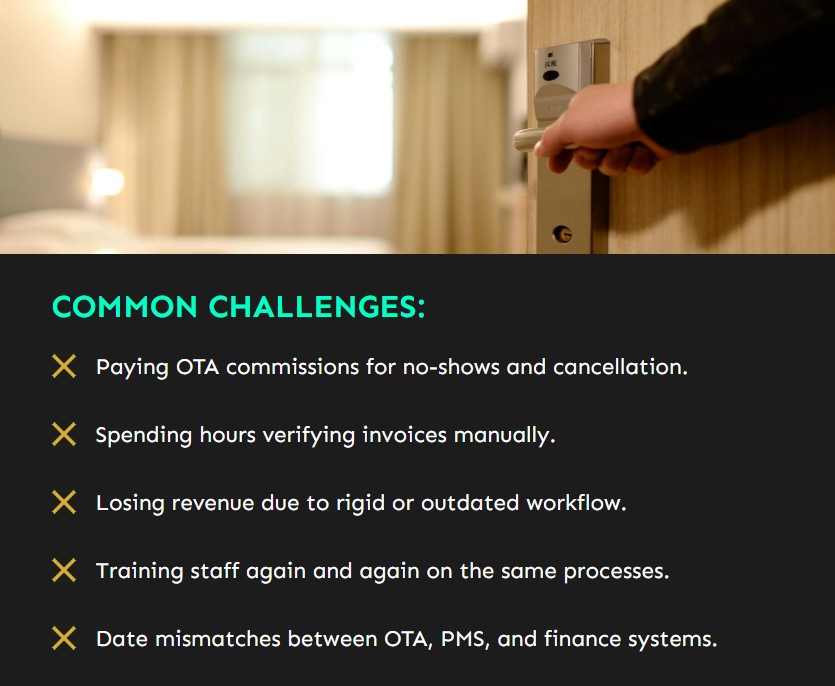
1. Decoding the Basics: The Core Automation Terms Every Hotelier Should Know
Let’s start by cutting through the jargon. Automation comes with a lot of technical vocabulary, but as a hotel leader, you don’t need to become an IT specialist; you just need to understand the fundamentals.
Here are the five core terms you should know:
RPA (Robotic Process Automation)
Think of RPA as a digital intern. It’s actually a software robot that mimics what a human does on a computer: clicking buttons, filling in forms, copying data. Unlike your interns, though, RPA never takes a break, never makes typos, and works 24/7. In hospitality, it can, for example, copy reservations from one system into another, or generate daily financial reports automatically.
Digital Worker
A digital worker is like a virtual team member specialized in a single task. Imagine someone who only reconciles credit card transactions, but does it flawlessly, every time, without supervision. Digital workers allow you to free up staff from repetitive back-office tasks, so they can focus on serving guests.
BPA/DPA (Business Process Automation / Digital Process Automation)
If RPA handles individual tasks, BPA takes things a step further: it automates entire workflows. For example, from booking confirmation to payment collection to guest profile update. DPA adds user-friendly tools and mobile interfaces, making BPA more accessible across departments.
API (Application Programming Interface)
Think of an API as a phone line between two systems. Instead of having your team manually transfer data from the PMS to the accounting software, an API lets the systems talk to each other automatically. API automation is fast, reliable, and invisible to the user.
OCR (Optical Character Recognition)
OCR gives computers the ability to “read.” It can take a scanned invoice, extract the text, and automatically input it into your system. This is especially useful for handling large volumes of supplier invoices or contracts.
💡 Why this matters: These basics are the foundation. If you understand RPA, Digital Workers, BPA/DPA, API, and OCR, you can already start to see how automation might reduce manual work in your hotel.
2. From Smart to Intelligent: Advanced Automation Concepts
Now that you know the basics, let’s move into the next level. Automation is no longer just about replacing keystrokes; it’s about making smarter decisions. Here’s how:
AI Agent
An AI agent is like a concierge who doesn’t just execute instructions but also “thinks.” For example, it might recognize suspicious booking patterns and flag them before they cause revenue leakage or suggest an upsell opportunity when a guest books a room.
Agentic Automation
This takes autonomy further. Imagine a self-driving car that stays in its lane and adjusts when needed. Similarly, agentic automation can execute tasks independently, adapting to changes without constant human instructions.
IPA (Intelligent Process Automation)
This is where RPA meets AI. IPA doesn’t just follow rules, it learns and adapts. For example, instead of simply generating reports, an IPA solution might also decide which anomalies to escalate to your GM.
Machine Learning (ML)
ML is a type of AI that improves with experience. Think of a staff member who gets better at upselling because they remember guest preferences. ML systems in hotels might predict demand, optimize pricing, or suggest the best time to send promotional emails.
Natural Language Processing (NLP)
This is the technology behind modern chatbots. NLP allows machines to “understand” and respond to human language naturally. Imagine a chatbot that handles guest inquiries in multiple languages, offering immediate answers without overwhelming your front desk team.
💡 Why this matters: These advanced tools move automation from being a cost-saving tool to being a strategic growth driver, helping you personalize guest experiences, optimize revenue, and anticipate issues before they occur.
Learn more, download the full guide.
3. Hospitality in Practice: Where Automation Creates Real Impact
Theory is good, but you want to know: where does this actually make a difference in hotels? Let me share a few practical applications that I’ve seen deliver results:
- Reservation Management
Automation can confirm bookings, update profiles, and trigger payment collection—all without manual intervention. This means fewer errors and faster response times.
- Payment Reconciliation
Instead of your team spending hours comparing OTA invoices with PMS bookings, bots can do this instantly and flag mismatches for review.
- Guest Communication
NLP-powered chatbots can handle frequently asked questions, send pre-arrival messages, or even upsell services, freeing up staff to focus on higher-value interactions.
- Night Audit
Unattended automation can run night audit scripts at 2am, ensuring data accuracy and consistency without requiring staff to stay late.
- Process Mining
By analyzing how long each task really takes, automation tools can reveal inefficiencies in your operations. It’s like having a backstage pass to understand where your team’s time is being lost.
💡 Why this matters: These aren’t futuristic scenarios. Hotels today are already using automation in these areas, and the results are clear: reduced costs, faster processes, happier teams, and improved guest satisfaction.
4. Leadership Takeaways: What Hotel Executives Should Do Next
So, what should you do with all this information? Here’s my advice as someone who has worked closely with automation projects in hospitality:
- Start with the Basics
Don’t try to implement AI overnight. Begin with RPA or Digital Workers to eliminate obvious manual tasks. - Focus on Quick Wins
Choose processes that are high volume, rule-based, and time-consuming (like payment reconciliation or reservation updates). Demonstrating value quickly builds momentum and team buy-in.
- Think Integration, Not Silos
Use APIs to connect your systems. Automation is most powerful when your PMS, CRM, and accounting tools “talk” to each other. - Adopt a Strategic Mindset
Automation is not just a technical project; it’s a leadership decision. Your role is to set the vision, align automation with business goals, and empower your teams. - Scale Gradually
Once you see results from simple automation, move toward intelligent tools like IPA and AI agents. This way, you balance innovation with risk management.
💡 My personal view: Automation is not about replacing people, it’s about giving them time back to do what they do best: create unforgettable guest experiences. If you lead with this mindset, automation will become a cornerstone of your hotel’s success.
Learn more about the 7 practical steps to automation, download the full guide.
Conclusion
In this article, we’ve explored the fundamentals of automation in hospitality, from the basics like process automation and APIs to advanced concepts like IPA and NLP. We’ve seen how automation is already driving impact in areas like reservations, payments, and guest communication. And we’ve looked at how you, as a hotel leader, can take practical steps to start or accelerate your automation journey.
My opinion, as an expert in this space, is clear: automation is no longer optional. It’s the foundation of a modern hospitality strategy. The leaders who embrace it will not only optimize their operations and profitability but also elevate their guest experience and strengthen their brand reputation.
📘 Ready to Go Further?
If this article has sparked ideas for your own property or group, I encourage you to download The Hotelier’s Guide to Starting Your Automation Journey.
It’s a practical resource designed to help you take the first steps with confidence.
